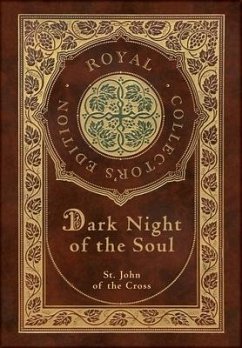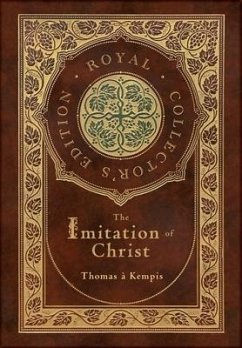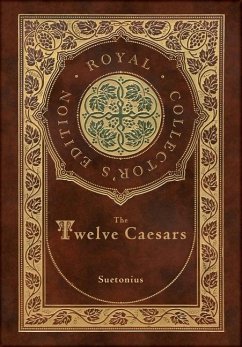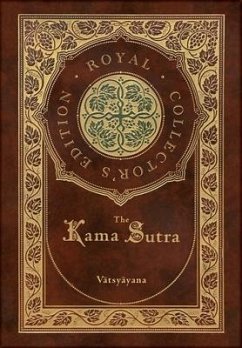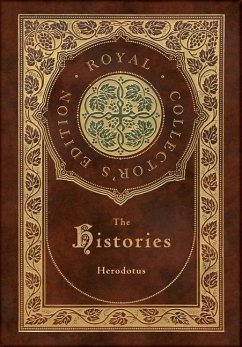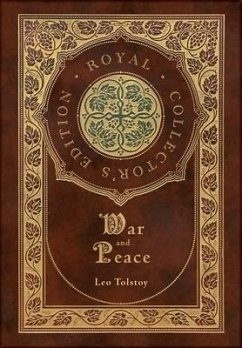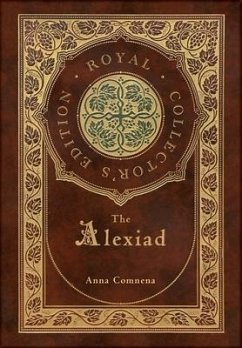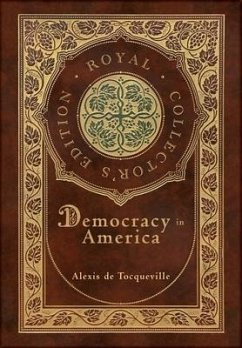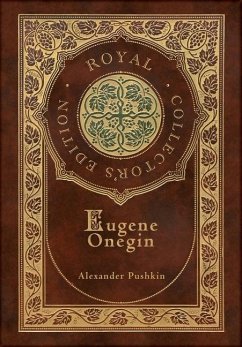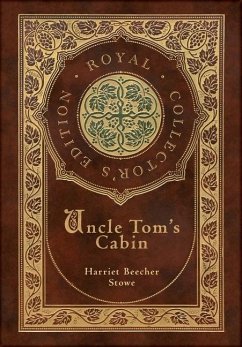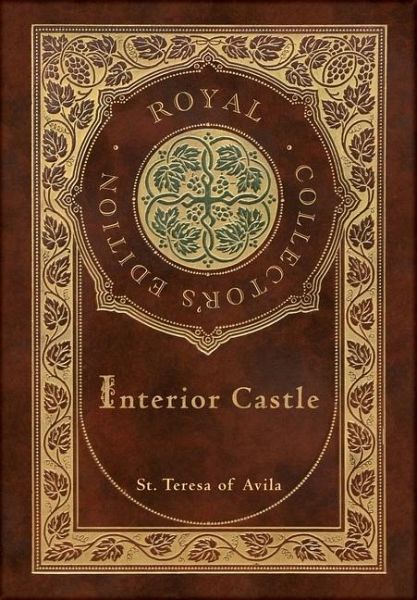
St Teresa Of Avila
Gebundenes Buch
Interior Castle (Royal Collector's Edition) (Annotated) (Case Laminate Hardcover with Jacket)
Versandkostenfrei!
Versandfertig in über 4 Wochen

PAYBACK Punkte
19 °P sammeln!




Interior Castle was inspired by Teresa's vision of the soul as a diamond in the shape of a castle containing seven mansions, which she interpreted as the journey of faith through seven stages, ending with union with God.
Teresa of Avila (28 March 1515 - 4 or 15 October 1582) was a Spanish noblewoman who felt called to convent life in the Catholic Church. A Carmelite nun, prominent Spanish mystic, religious reformer, author, theologian of the contemplative life and of mental prayer, she earned the rare distinction of being declared a Doctor of the Church, but not until over four centuries after her death. Terese was active during the Catholic Reformation and reformed the Carmelite Orders of both women and men. The movement she initiated was later joined by the younger Spanish Carmelite friar and mystic, John of the Cross. It eventually led to the establishment of the Discalced Carmelites. Teresa, who had been a social celebrity in her home province, was dogged by early family losses and ill health. In her mature years, she became the central figure of a movement of spiritual and monastic renewal borne out of an inner conviction and honed by ascetic practice. She was also at the center of deep ecclesiastical controversy as she took on the pervasive laxity in her order against the background of the Protestant reformation sweeping over Europe and the Spanish Inquisition asserting church discipline in her home country. Her written contributions, which include her autobiography, The Life of Teresa of Jesus and her seminal work Interior Castle, are today an integral part of Spanish Renaissance literature. Together with The Way of Perfection, her works form part of the literary canon of Christian mysticism and Christian meditation practice, and continue to attract interest from people both within and outside the Catholic Church.
Produktdetails
- Verlag: Engage Books
- Seitenzahl: 204
- Erscheinungstermin: 31. Januar 2021
- Englisch
- Abmessung: 229mm x 152mm x 16mm
- Gewicht: 472g
- ISBN-13: 9781774761694
- ISBN-10: 1774761696
- Artikelnr.: 64372636
Herstellerkennzeichnung
Libri GmbH
Europaallee 1
36244 Bad Hersfeld
gpsr@libri.de
Für dieses Produkt wurde noch keine Bewertung abgegeben. Wir würden uns sehr freuen, wenn du die erste Bewertung schreibst!
Eine Bewertung schreiben
Eine Bewertung schreiben
Andere Kunden interessierten sich für


